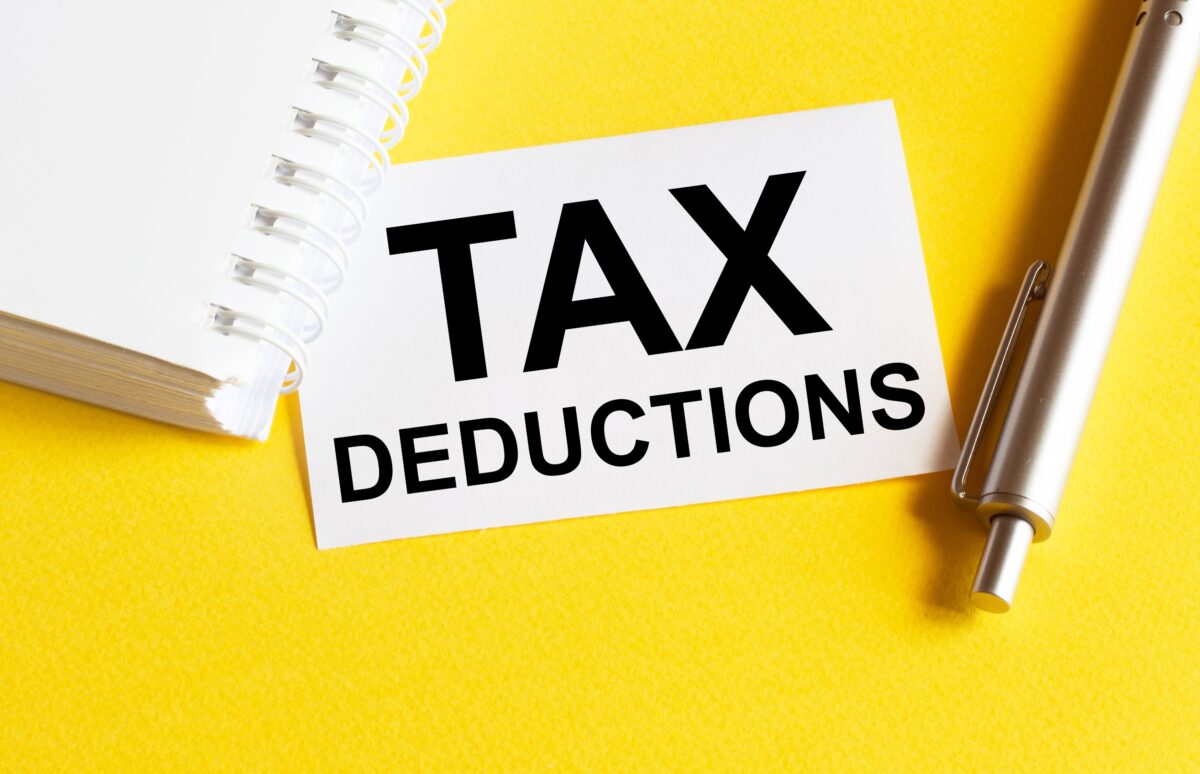


Meals and entertainment have long been used as marketing tools by both big and small businesses. For many, they’re a legitimate business expense. But the Internal Revenue Service rules regarding deducting these expenses have changed over the decades.
It’s essential to know the current rules for the tax year 2022. This lets you take the deductions you’re allowed. But knowing how IRS deductions will change for the tax year 2023 also allows you to plan expenses. What are the differences between these years when it comes to deductions? And should you make changes now to accommodate these rule changes?
The Tax Cuts and Jobs Act (TCJA) of 2017 changed many items for businesses. From deductions to tax credits, the TCJA impacted how large and small businesses did their taxes. And although there were many positives, there was one change in business deductions that didn’t go over well.
The TCJA eliminated the business entertainment deduction. Before TCJA, you could deduct 50 percent of your entertainment expenses if they were directly related to the active conduct of your trade or business. But how did this affect deductions for meals?
A meal could not be deducted if it was also considered entertainment—which just left confusion as to what could or couldn’t be deducted. For example, eating a meal in a restaurant or event could be regarded as entertainment to some people.
The IRS defined business entertainment as any activity considered to constitute amusement, recreation, etc. Some forms of entertainment are theaters, country clubs, golf, sporting events, hunting, fishing, vacations, and similar trips.
Food and beverage can be consumed and expensed at an entertainment event, but only if there is a separate bill or invoice for the cost of the food and beverages.
For example, if you go to a game with a client to discuss business and the food is included as part of the ticket price, you cannot expense any of it. But if you go to a game and purchase the food separately, it can be expensed. For 2023 or later, the deduction will be 50 percent.
COVID-19 hit in 2020, and it devastated many industries. As a result, Congress passed the Consolidated Appropriations Act (H.R. 133) in December 2020 to provide emergency response and relief.
Restaurants were particularly hit hard. Many closed. As a way to stimulate restaurant revenue, the Consolidated Appropriations Act raised the meal deductible for businesses. It went from 50 percent to 100 percent. This deduction was slated to be in effect for 2021 and 2022 only.
There are some stipulations. Meals must come from restaurants. A restaurant includes businesses that prepare and sell food or beverages to retail customers. This food can be for on-premises or off-premises consumption. In other words, you could sit in the restaurant and conduct business or have take-out to your office for business purposes.
Grocery stores, convenience stores or any other business that primarily sells pre-packaged foods for immediate consumption do not qualify as restaurants.
Meal deductions for the 2022 tax year include:
The meal cannot be “lavish or extravagant,” according to the IRS. But this definition is a little vague. “An expense isn’t considered lavish or extravagant if it is reasonable based on the facts and circumstances.” So meal expenses won’t be disallowed just because they take place at a deluxe restaurant, hotel or resort, according to the IRS.
Another caveat is that you or an employee must accompany the client to the meal. You can’t just pay for their meal, someone from your company must be there.
Meals while traveling come under more scrutiny. The IRS has the overnight rule, also called the “sleep or rest rule.” This rule disallows deductions associated with business travel unless it requires sleep to meet the needs of the taxpayer’s employment.
If you are traveling overnight, you can purchase a business dinner for a client or just yourself, and it can be deducted at the going rate. But if it’s a day trip, and the meal is only for you, it can’t be deducted. If the meal is also for a client during a day trip, it can be deducted at 50 percent for 2023.
Business meals in 2023 will have a different deduction. Purchases at restaurants will no longer enjoy the 100 percent deductible. Instead, all business meal deductibles will be 50 percent.
Meal deductions for 2023 include:
If you treat a few employees to a meal, you can deduct 50 percent of it. But if you treat at least half of the employees, it’s 100 percent deductible.
Be aware of the change in the deduction. You don’t want to find out on Dec. 31, 2023, that half your meal expenses are not deductible.
With the rate changing, there might be some confusion. The business meal deduction is 100 percent if it comes from a restaurant for 2022, but it decreases to 50 percent for 2023.
Make sure to double-check your potential expenses with your accountant before the end of the year so you’re on track.
The Epoch Times Copyright © 2022 The views and opinions expressed are those of the authors. They are meant for general informational purposes only and should not be construed or interpreted as a recommendation or solicitation. The Epoch Times does not provide investment, tax, legal, financial planning, estate planning, or any other personal finance advice. The Epoch Times holds no liability for the accuracy or timeliness of the information provided.
